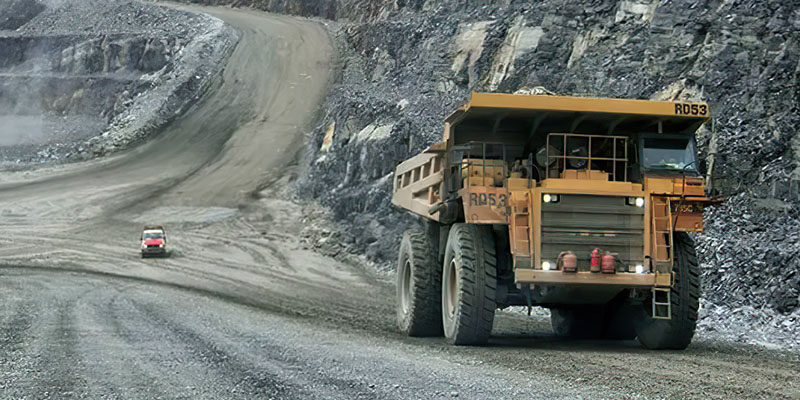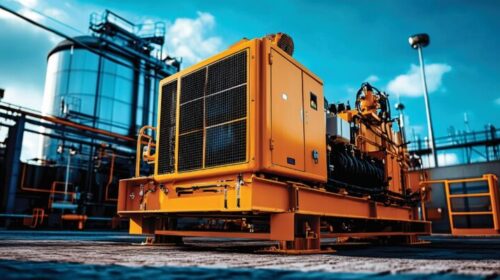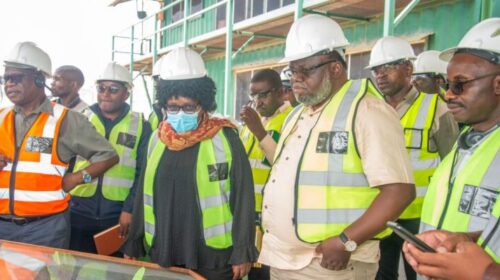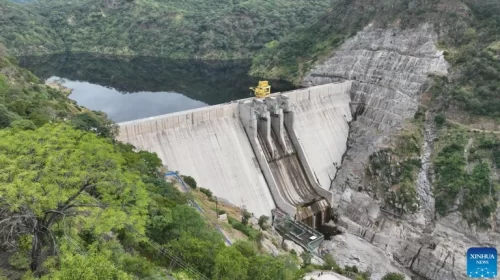HOLDING MINING HOUSES TO A HIGHER STANDARD
Venerated novelist, essayist and critic George Orwell once said, “If liberty means anything at all, it means the right to tell people what they do not want to hear.” Among the many things that have often been difficult to hear is the opinion that Foreign Direct Investment (FDI) is the key to unlocking Zambia’s true mining potential.
Not infrequently, we read about one person or the other declaring that all foreigners come to steal from us and that Zambians would be better off running the mining show on our own. The cost in time, capital expenditure and expertise of running and then profiting from said show is rarely discussed. Is it possible that the call for nationalisation of our mines has become the lazy man’s hack to winning momentary public support? An easy play on our patriotism, taking advantage of how vulnerable we are to feeling victimized?
While it is true that we Zambians are more than capable of running the mines on our own, the people who propagate this as the only solution to our economic challenges conveniently leave out the fact that this is but one model, in a selection of models, that can be adopted to generate wealth for a country and its citizens. An alternative and in no ways less profitable model involves leveraging the often unfairly vilified Foreign Direct Investment (FDI) to our advantage.
The Coordinated Direct Investment Survey, a worldwide survey of foreign direct investment positions, conducted by the International Monetary Fund (IMF) every year, reports that the USA, the Netherlands and China, all leaders of the developed world, were among the top recipients of FDI in 2021. FDI has never been the problem, rather, the investment climate, turbulent and often unfriendly tax regimes, regulatory policies and overall business environment have been. How can we begin to change that?
According to Statista, Zambia spent US$33.3m on mining exploration in 2019. Ranked against nine of the other main mining jurisdictions on the continent, this sum puts us in 10th place. In the same year Congo DR, our new-found partner in electric vehicle technology, invested over five times the amount we did. With an ambitious goal of hitting a national copper output of 3 million tonnes a year by 2030 and only 55% percent of the country mapped, it is a well-established fact that a large amount of fresh investment into mining and mineral exploration will be needed to meet these targets and realise maximum benefit from the natural resources we own.
As the custodians of this abundant natural resource, to ensure that our country is cashing in on its rightful benefits from the mines we need to raise the quality of our public discourse around the mining sector and our expectations of the manner in which investors carry out their business. Open dialogue, transparency and visible demonstration of the benefits accruing to our communities must become the norm. Let us cultivate the habit of fact-checking the numbers we see and hear about in the media. It is our responsibility to hold our regulatory bodies, investors and government accountable in this regard.
In dealing with this subject, we must continue to ask tough questions, look at the data in its face and arrive at the right conclusion. Though we continue to discover the shocking amounts of corruption that have plagued our mining sector over the years, aggregating all players within the sector into a monolith of abuse is unfair and only does a disservice to all stakeholders involved. First Quantum Minerals, for example, continues to distinguish itself by setting the bar high where transparency and commitment to social investment are concerned. By commissioning an independent evaluation of the effects of their expansion by Premier Consult, FQM shows not only its interest in quantifying both the real and potential benefits of its projects in Zambia, but also its willingness to assume leadership in open dialogue with the government of the day.
With the new administration’s marked shift in attitude towards foreign investment and partnership, the conversation should no longer be about whether or not letting foreign investment in is in our best interest. Rather, it should be about how we can secure our place in the race to becoming one of the most favourable investment destinations in the region.
Perhaps, we need to ask the question: If there was no FDI; if FQM had not invested in North-Western Province, then what? Let us focus on developing systems that will help our citizens benefit from these investments on an individual level as well as a corporate one. Growing our financial markets, aiding innovation so that more Zambians can have a share in the mining value chain, and maintaining transparent legal systems that protect our citizens from exploitation are just some of the many ways we can raise the standards of what we expect from our mining houses.
![]()





